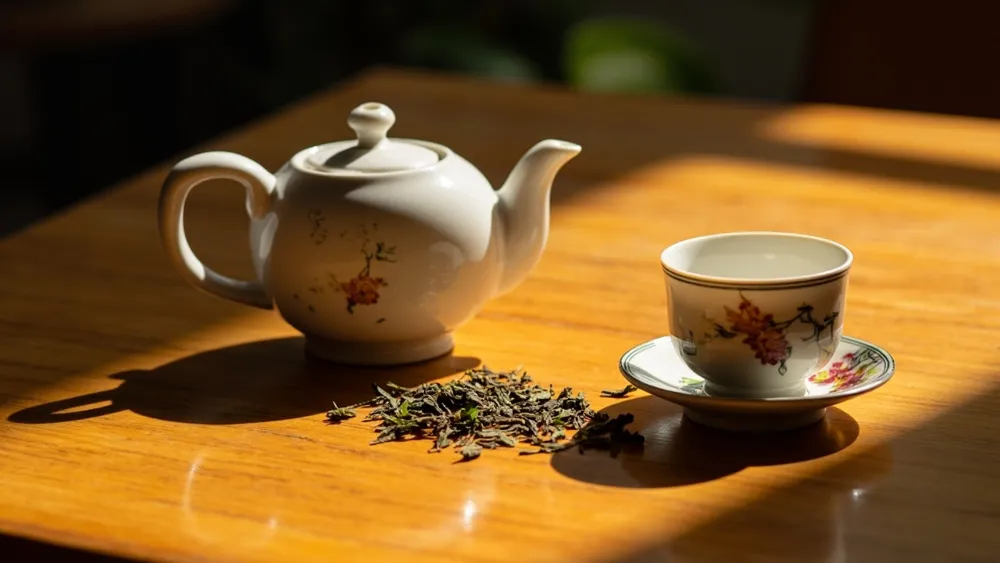campus
Chinese Advanced Students Immerse in Tea Culture Experience

Recently, the Chinese (Advanced) Course Group organized a distinctive event for international master's degree students, focusing on an academic lecture and cultural immersion centered around 'Song Yun Tea Fragrance' tea culture. This initiative seeks to deepen the international students' appreciation and understanding of Chinese culture through the intricate experience of its tea traditions.
The program was conducted by Dong Yanru from the Department of Tea Science, who began with a discussion on the historical significance of tea ordering techniques during the Song Dynasty. She underscored the cultural relevance of these practices in Chinese society, presenting a curated collection of 12 tea utensils that were utilized during this period, as illustrated in 'Tea Ware Tuzan'. These artifacts are not merely functional but also rich in cultural significance.
During the session, Mr. Dong elaborated on the meticulous art of dividing tea, a traditional tea ordering method that incorporates illustrative language and imagery with tea soup. Techniques employed in contemporary practices, such as mixing paste and spilling Yingchun, were demonstrated, showcasing the elegance of tea aesthetics and the profound philosophical depth embedded in traditional Chinese culture.
Mr. Dong proceeded to illustrate the entire tea ordering process practiced in the Song Dynasty, detailing crucial steps such as burning tea, tencha, luo tea, waiting soup, pot making, and the final tea ordering. These procedures exemplify the disciplined and artisanal nature of tea crafting during the Song era and highlight the social respect that tea culture commanded.
In a captivating finale, Mr. Dong cited Zhao Ji, also known as Song Huizong, highlighting insights from 'The Grand View of Tea Theory'. His vivid recounting of the ordering process allowed students to virtually experience the beauty and ritual of Song Dynasty tea preparation, revealing the delicate artistry reflected in tea soup and the enchanting culture surrounding tea.
Through this engaging event, students not only gained knowledge about the Song Dynasty's tea culture but also had the opportunity to partake in the tea ordering process firsthand. This immersive experience has sparked a profound appreciation for traditional Chinese culture, a sentiment that is anticipated to resonate in their upcoming coursework and presentations.
The principle of fostering academic inquiry through cultural experiences forms the core philosophy of the 'Chinese (Advanced)' course. This educational approach, which merges cultural institutions with academic deliverables, has substantially strengthened the practical aspects of intercultural academic dialogue and yielded positive educational outcomes.
Immigration Agencies Enhance Customs Clearance for Ching Ming Festival
2.1 million people will travel daily through ports during the Ching Ming Festival, up 21.4% from last year.
Strengthening Academic Degree Accreditation for Foreign Colleges
Enhanced review for degree certification launched for certain foreign colleges due to abnormal data; processing extended to 60 days.
Yongheng University Strengthens Accreditation Review Process
Yongheng University of the Philippines Laguna Branch faces enhanced degree accreditation review due to misreported doctoral enrollment.


